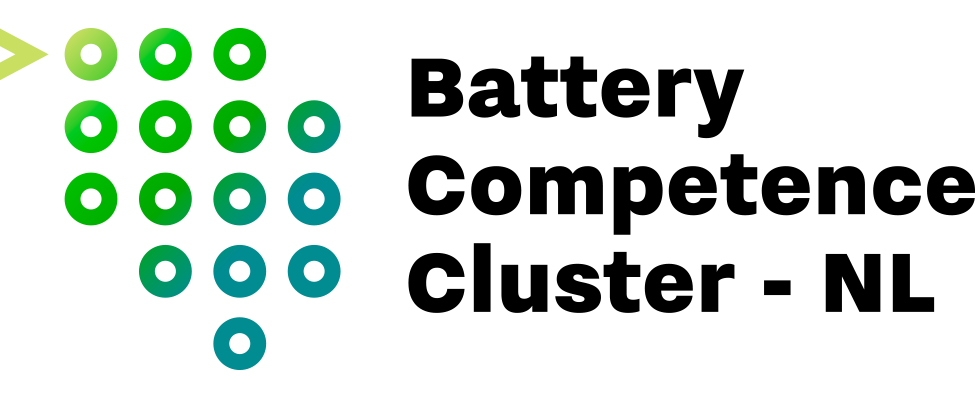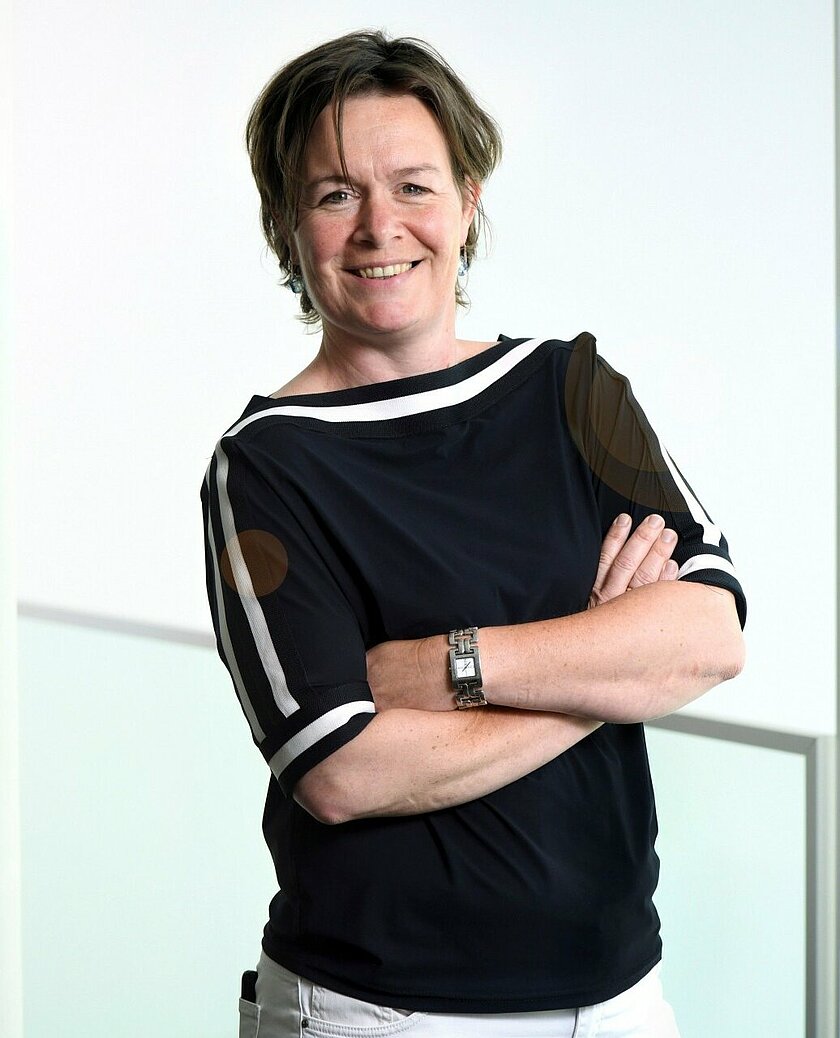‘Alone, we go fast. Together, we go further.’
Interview with Liane van der Veen, teammanager Energy and Circulair at Oost NL
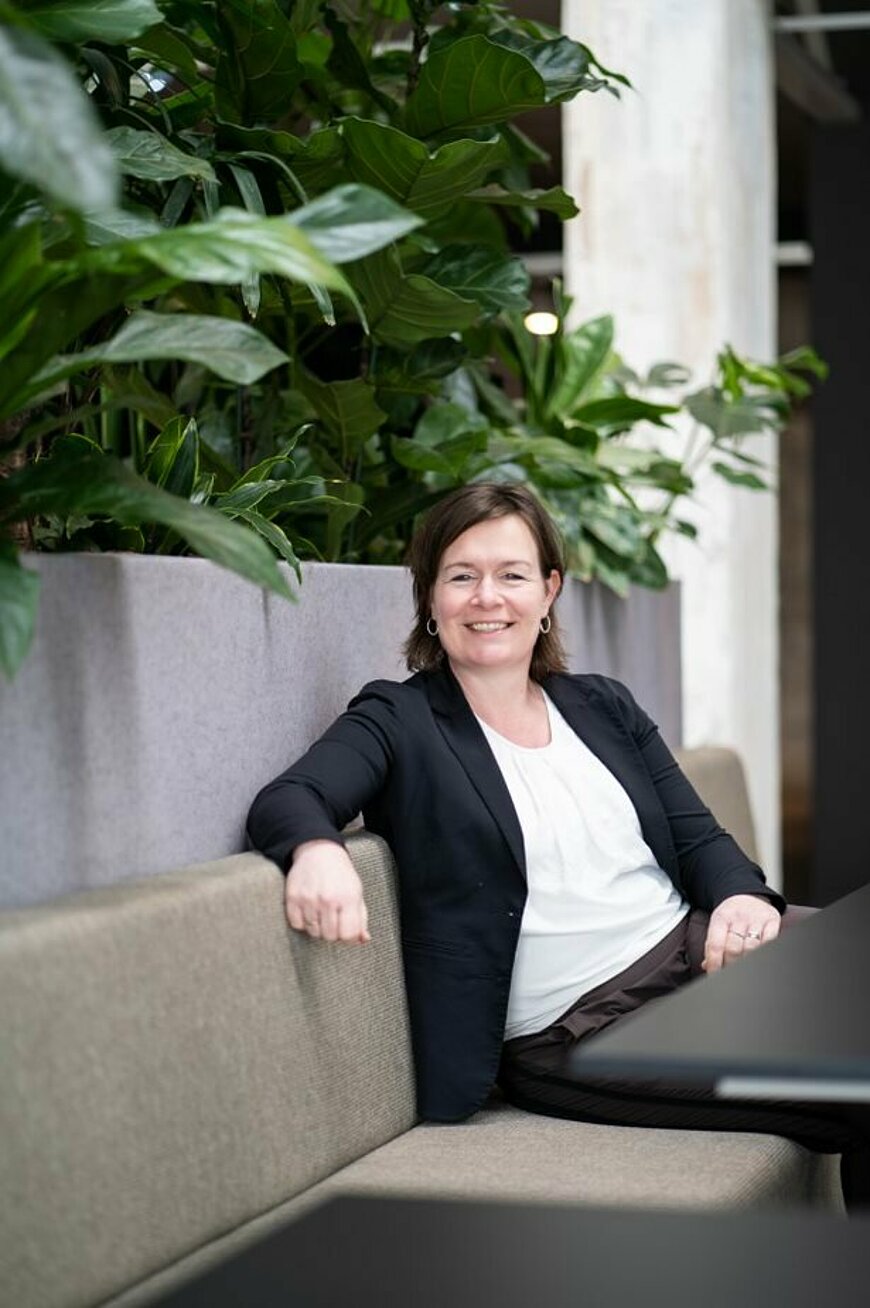
Please introduce yourself!
My name is Liane van der Veen and I am team manager Energy and Circularity at Oost NL, the East Netherlands Development Agency. We are accelerating innovations for social transitions from East Netherlands. We support, connect, and boost innovative entrepreneurs in Gelderland and Overijssel who are trying to realize sustainable change and we provide those entrepreneurs with a good economic breeding ground. We do this on behalf of the provinces of Gelderland and Overijssel and of the Ministry of Economic Affairs and Climate.
My team offers companies that develop innovations in the field of energy and circularity exactly the support they need. We provide them with knowledge, networking opportunities and funding. We enable them to interact with knowledge and research institutions, such as colleges and universities, to gain knowledge. We use our network to, jointly with other partners, accelerate the innovation process. But funding is needed to innovate. Therefore, we know all about subsidies. And we use the funds we manage to support innovative companies and projects that are developing solutions to help us move towards renewable energy sources and a circular economy.
About two years ago, it became evident that energy storage would play an increasing role in the Dutch electricity system. Thanks to an increasing focus on alternative and green energy sources, like solar and wind power, our emissions and footprint are lower. This focus, however, also requires a new approach to ensure grid continuity. Several regional companies were addressing this issue and we decided to pay our neighbors a visit. Oost NL, the Brabant Brainport region, and the South Holland Innovation Quarter were the joint drivers of the national approach to batteries. We learned that a joint national approach ensures continuity and enhances the potential for growth. By joining forces and cooperating with the Ministry of Economic Affairs, the Ministry of Infrastructure and Water Management and the provinces of Brabant and Overijssel, we could develop a long-term strategy to convince the Dutch government and the House of Representatives of the need to invest in policies for innovation in battery technology.
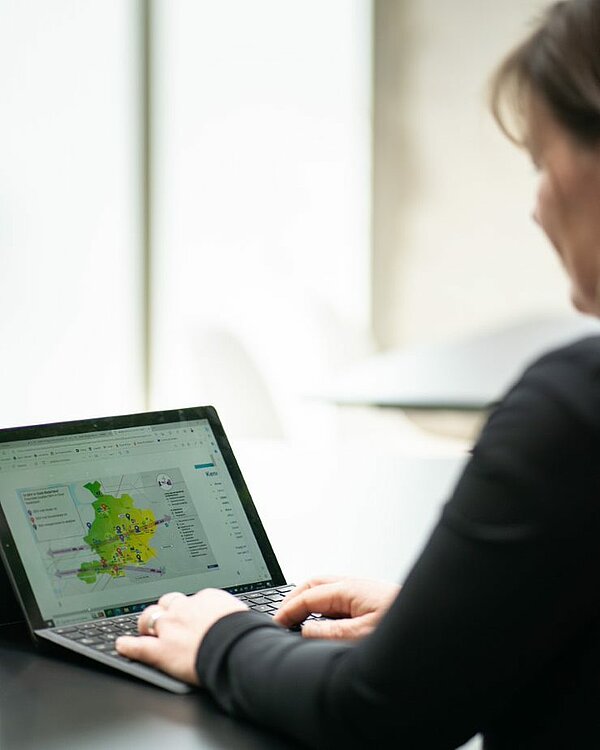
What does Oost NL do as part of the collaboration with the Battery Competence Cluster - NL and what is Oost NL’s rol?
The BCC-NL has taken significant steps in recent years. First, we drew up a call to action with a group of companies to encourage the Ministry of Economic Affairs and the provinces to especially focus on innovative battery technology. We then established an action agenda containing a number of directions for development. For instance, we thought it important to focus on developing new cells and materials, recycling lithium-ion batteries, reusing used batteries, increasing capacity, and extending the storage life of batteries.
Oost NL is responsible for forming a cluster regarding bulk batteries, also called 'long-duration' batteries. The composition of these batteries differs from that of regular lithium-ion batteries, as a result of which they can store energy for longer periods of time. And we are not taking about hours, but about days or even weeks. Network operators and industrial companies will now assess how these batteries can be used to control peaks and troughs in energy consumption. Therefore, these batteries will probably not only be used for energy supply in the industry, but also for residential areas and business parks.
In what way does Oost NL help the BCC-NL?
It is becoming increasingly important to store energy, for example in cars, trucks, forklifts, etc. We see that batteries are already occasionally used to strengthen our power grid. However, we should really focus on reducing the use of critical materials. And start to use raw materials more efficiently to avoid quick depletion of natural resources. That is why it is important to continue development and innovation, so we can use sustainable materials to develop more efficient and smarter batteries. For instance, Elestor, a Dutch company from Arnhem, has developed a battery that consists of hydrogen and bromide. Both materials are easy to find and recover and therefore guarantee a continuous process, without wasting any materials. Such developments are important because they not only allow us to use materials more carefully, but they also ensure that we depend less on foreign countries. We are currently also working on smart recovery of raw materials from today’s batteries. For example, VDL and DAF, both partners of the BCC-NL, are reusing and recycling the batteries used in their cars.
How will the innovations of BCC-NL affect the Dutch citizens?
It is the Netherlands’ ambition to be energy-neutral by 2030. However, it is becoming increasingly hard to achieve this goal, because our power grid cannot meet demand properly. By adding battery storage capacity as a flexibility element to the grid, we can better regulate supply and demand. As a result, we can generate more renewable energy and achieve our goal more easily.
Because our power grid is at full capacity, companies looking to expand are currently not getting a connection to the grid or have to wait a long time before they are connected. This has a negative effect on economic growth and employment. By adding batteries to the power grid, we increase capacity, so that companies can be connected to the grid more quickly.
Consumers will also be positively affected by these innovations. People in the Netherlands are hugely spoilt; our network operators provide a perfectly functioning power grid. However, this grid is now under pressure because of an increased energy demand. By using batteries as a flexibility element, we can continue to guarantee a good functioning power grid. This way, we can prevent future power supply failures.
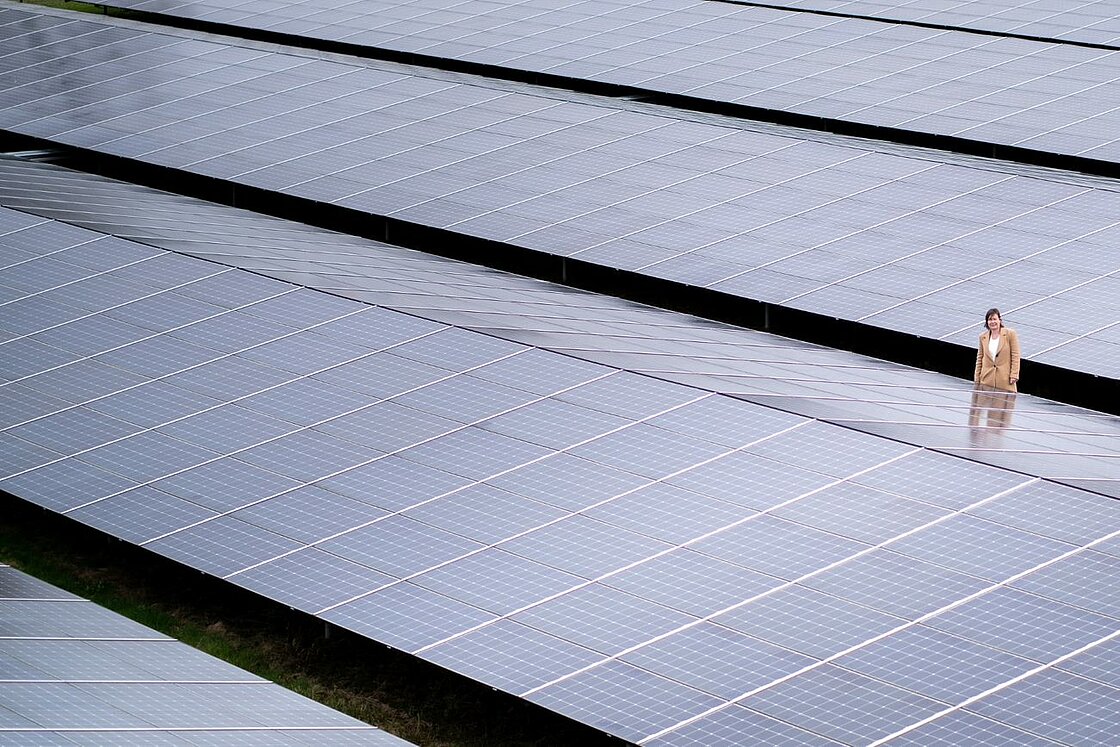
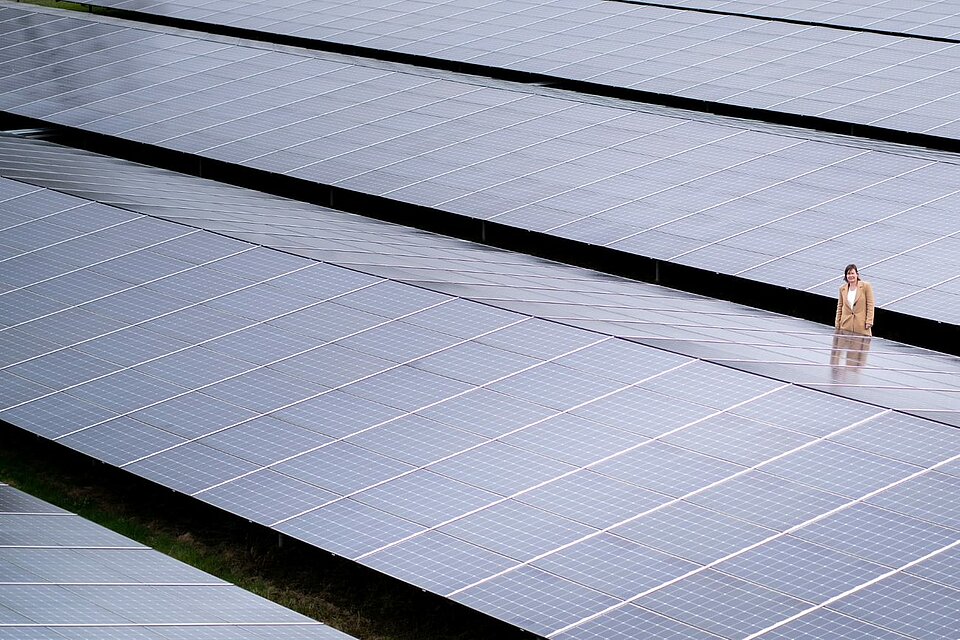
What parties would you like to work with to achieve success and what are the topics people can contact you for?
BCC-NL aims to connect parties that focus on battery technology innovations. So, if companies have questions or ideas regarding battery technology, I hope they will come knocking on our door. We can refer them to the right person or the relevant organization. BCC-NL is a knowledge platform, and we are responsible for implementing the plans of the companies and knowledge institutes that are part of the BCC-NL. In terms of content, we need many partners to bring all smart ideas to market as quickly as possible.
Oost NL is helping to implement this program. In doing so, we try to establish a connection between companies in East Netherlands and the cluster we have built. As a development company, it is our core task to help bring the developed knowledge to market and to ensure that businesses are going to use that knowledge. We do this together with companies, universities, and other support organizations, such as Connectr and the province of Overijssel. We ensure that the knowledge gained by large companies is brought to market in a proper way.
By joining the BCC-NL and participating in the national cluster, Oost NL is broadening its scope. We have gathered some great parties around us. From large industrial companies like Shell, Nobian and RWE to SMEs and start-ups like ELEO and Elestor, but also universities, colleges, and vocational education institutes. We are also working with neighboring countries, such as our collaboration with the MEET institute in Münster, Germany. Researchers of TU Delft, for instance, have developed a material that increases the efficiency of lithium-ion batteries by 50%, extending battery life. That's a fantastic development, reducing the amount of material needed. This kind of research is conducted at the university. And by joining forces, we can bring such innovations to market as soon as possible. We need to actively educate and train the professionals of today, so they know how to work with the technologies of tomorrow. But of course, this also applies to future professionals. We gladly welcome anyone who can help do this. Because the main thrust of the BCC-NL is: Alone, we go fast. Together, we go further.
